SS #98: Ordo Amoris – Ordering the Affections
Today’s episode is the second of the two that we are doing that cover ideas from CS Lewis’ book The Abolition of Man – more specifically from his first essay in that book, entitled “Men Without Chests.” If you haven’t listened to episode 97 yet, we recommend you go back and do so before listening to this one. Today we’re discussing yet another phrase that gets thrown around in classical circles: ordo amoris, or, in English, ordering the affections.
Listen to the podcast:
TUNE IN:
Apple Podcasts | Spotify | Stitcher
Rightly Ordered Affections
Today’s Hosts and Source

Brandy Vencel
homeschools her children in California, where she’s come to love birds more and reading more moderately.

Abby Wahl
homeschools her children in Oregon, where she’s come to love cooking and writing more and homeschool hacks more moderately.

Mystie Winckler
homeschools her children in Washington State, where she’s come to love nature and math more and her own convenience more moderately.
“St Augustine defines virtue as ordo amoris, the ordinate condition of the affections in which every object is accorded that kind of degree of love which is appropriate to it. Aristotle says that the aim of education is to make the pupil like and dislike what he ought. When the age for reflective thought comes, the pupil who has been thus trained in ordinate affections or ‘just sentiments’ will easily find the first principles in Ethics; but to the corrupt man they will never be visible at all and he can make no progress in that science. Plato before him had said the same. The little human animal will not at first have the right responses. It must be trained to feel pleasure, liking, disgust, and hatred at those things which really are pleasant, likeable, disgusting and hateful.“
C.S. Lewis, The Abolition of Man
Scholé Every Day: What We’re Reading
A History of Education in Antiquity, H.I. Marrou
Brandy is reading a classic on classical education that has topics not found in most ed phil.
Matthew Henry’s Commentary on the Whole Bible (just Job)
After 3 years, Mystie has finished one section from her lifetime reading project.
Meditations, Marcus Aurelius
Abby is learning from ancient wisdom.
Soup Night Slapdashery, Rebekah Merkle
Abby is also learning from contemporary, practical wisdom.
Summary of Lewis’ Abolition of Man
Beauty is objective. It’s real, not subjective.
The problem for most students isn’t over-emoting; it’s apathy. So we must irrigate deserts in our education.
Emotions can or cannot conform to reality; they should conform to reality.
Sentiment is important, but we need right sentiment, not any or all sentiment.
What is ordo amoris?
Ordo amoris literally means ordered love, translating the Latin to English. A synonymous term is ordering affections. Affections, in previous times, was similar to the way Lewis uses sentiment. Lewis or Jonathan Edwards used the word affection to mean an emotional response controlling a desire. Affection is a favorable disposition.
Our emotions, our sentiments, can be appropriate or inappropriate. So a big part of our education must be helping give our students informed, direction sentiments that conform to reality.
We must not only have our affections directed, we must also ask: Is the intensity of our sentiment correct?
Is ordo amoris a task or an objective, our main goal?
The goal of education is virtue. Lewis and Aristotle and Augustine define virtue as ordo amoris and ordo amoris as virtue, so ordo amoris is not the path to arrive at virtue, it is what virtue actually is.
No one can become really educated without having pursued some study in which he took no interest- for it is a part of education to learn to interest ourselves in subjects for which we have no aptitude.
TS Eliot
The goal of education is virtue. Lewis and Aristotle and Augustine define virtue as ordo amoris and ordo amoris as virtue, so ordo amoris is not the path to arrive at virtue, it is what virtue actually is.
Examples of ordering our affections
The good news about the objectivity and permanence of truth, goodness, and beauty is that we can change if we don’t notice or appreciate them. They will not change and we can. We are not left to our default affection levels and directions.
Math is objectively true, good, and beautiful. Math doesn’t change, but I can. So I can come to appreciate math and conform my perception to reality more and more.
Even when a skill does not come naturally, it can still be a good practice even without being talented. When you get better at something, you naturally grow in affection toward it. So practice is a way to increase our affections.
We give up too easily, so we’re never allowing ourselves to develop affection.
Even recognizing and naming real objects – birds, trees, etc. – cultivates attention and therefore affection in our hearts. Noticing a bird is different from noticing a hawk. The more we notice, the more we cultivate care. It’s worth the effort to pay attention and learn names and grow in identification skill.
I probably didn’t like birds because I didn’t know anything about them. I hadn’t looked at them long enough to realize they were actually interesting.
Brandy Vencel, episode #98
Ordering our affections by loving good things less
Our affections need to be ordered not only by learning to love what is true, good, and beautiful, but also by prioritizing our love of good things rightly and properly.
All things cannot be and ought not be loved equally. We are capable of taking any good thing and idolizing it.
Ordered affections means we put first things first and secondary things second.
Mentioned in the Episode
Listen to related episodes:
SS#158 – Postmodernism Wants Your Kids
SS #97: Men Without Chests
SS #22: Don’t Lose That Lovin’ Feelin’


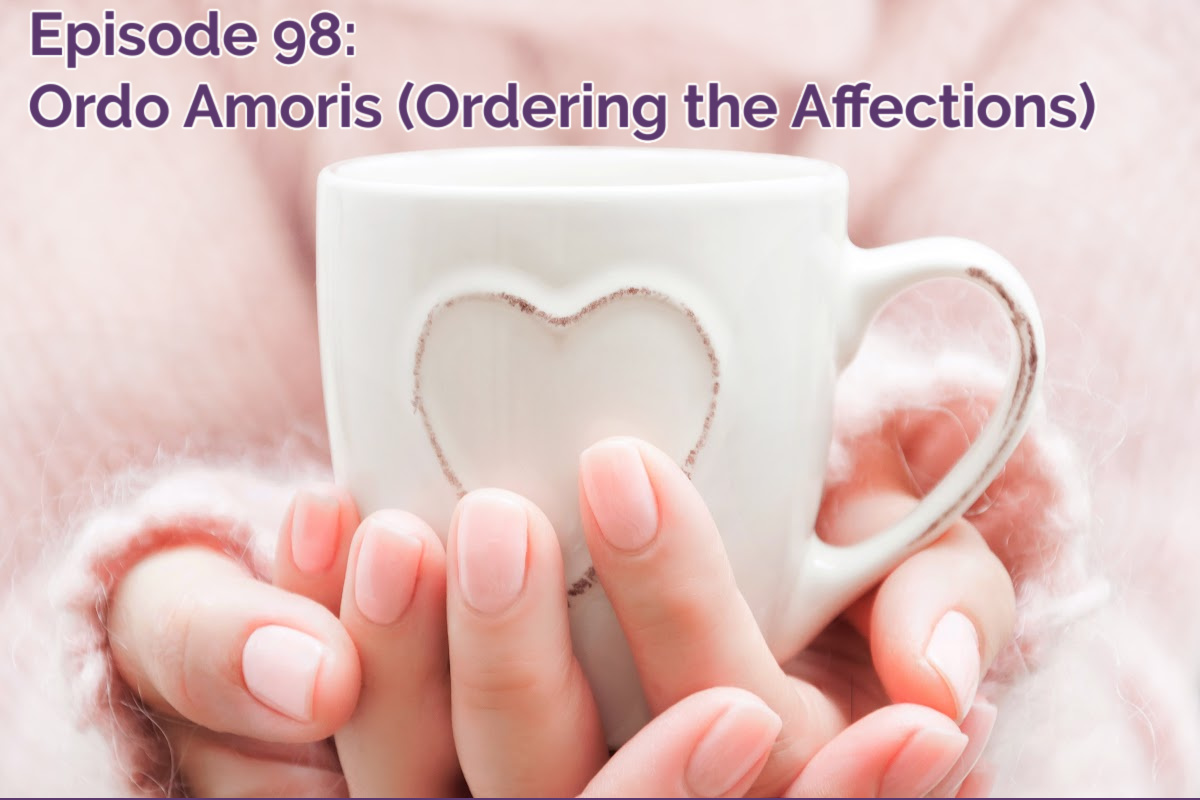


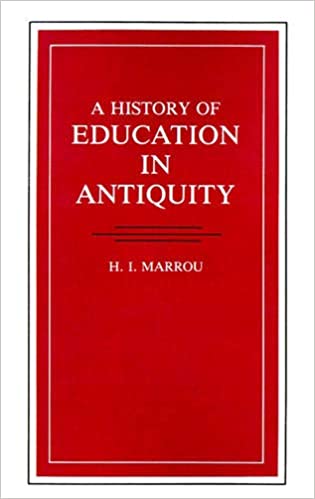
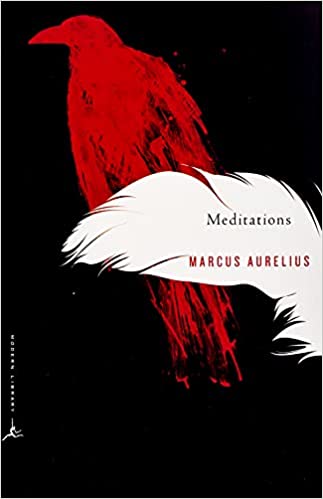


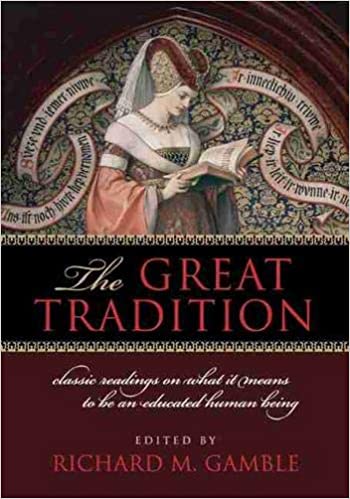


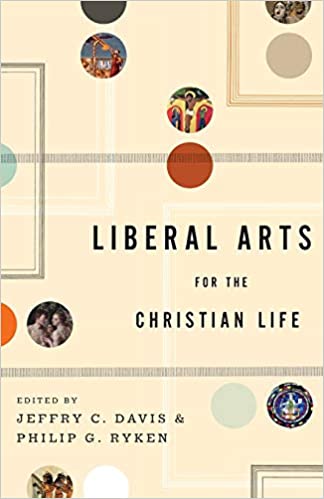




3 Comments
Comments are closed.